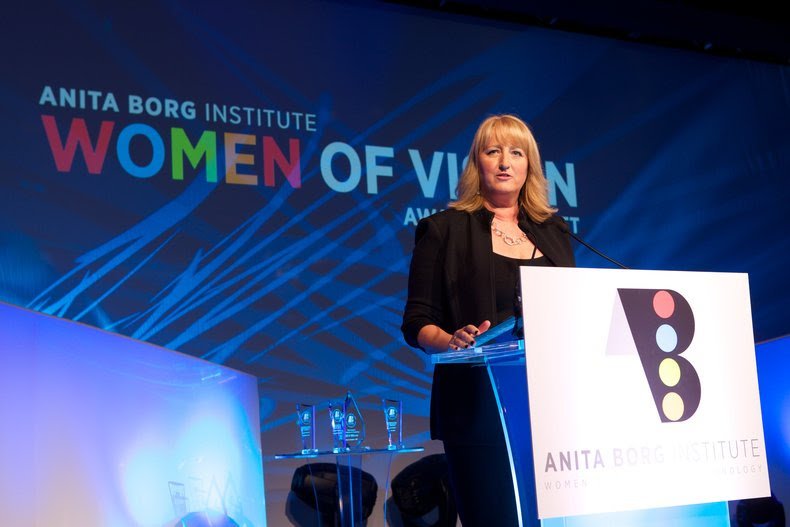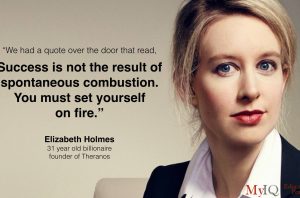
The bias I experienced was hardly subtle — the assumption that I didn’t have the same freedom of choice as men or the same commitment to my job once I had children.
When I was pregnant with my daughter, I was the first employee at the company to become pregnant, so I helped the HR department develop the company’s maternity leave policy. This wasn’t the problem — I actually enjoyed it — but as I spoke about the policy with other employees, I kept running into the same preconceived notion (from both male and female employees): I should put my career on hold and spend more time at home once my baby was born. I remember feeling perplexed. Why would I be any less committed to my career than I was before I became a mother? I had always been an aggressive, ambitious woman; why would that change?
So, I didn’t let it. I stayed connected with the office during my maternity leave, was explicit in stating my intention to return as strong as ever, and made it obvious that my career was not a topic I took lightly. To further reinforce my point, after my second pregnancy I brought my son into the office at four weeks old, so I could help the CEO with a reorganization. I breast-fed him, burped him, and rocked him through a week of meetings. I even received support from several young male employees who didn’t have children. No one questioned my commitment to my job after that.
However, I encountered another form of bias when I returned instead — how I was comfortable with leaving my “poor husband” home alone with the kids when I traveled. A senior male executive actually told me he was surprised that my husband “allowed” me to travel as much as I did with other men — implying that it was somehow inappropriate for me to do so. Other male co-workers told me their wives would never let them travel with women the way I traveled with men. I eventually realized that some men actually saw me as a bad wife and mother because I traveled frequently.
I thought this was absurd, so I traveled even more to prove them wrong – I could be just as successful as a working mom. I was always the first to say I’d go to the customer to make a presentation or support a sales team. I was not going to change my behavior or be any less committed to my career because of what other co-workers thought. Besides, I had the support and confidence of my husband and family—and that’s all I really needed.
I finally solved the problem of working mom bias by becoming CEO of my own company. I took it public and then sold it. In doing so, I showed my daughter that she could fulfill her career dreams by working hard and marrying a good man who believed in her.
By Penny Herscher, CEO and president of FirstRain
If you would like to share your content on Slaylebrity click here




